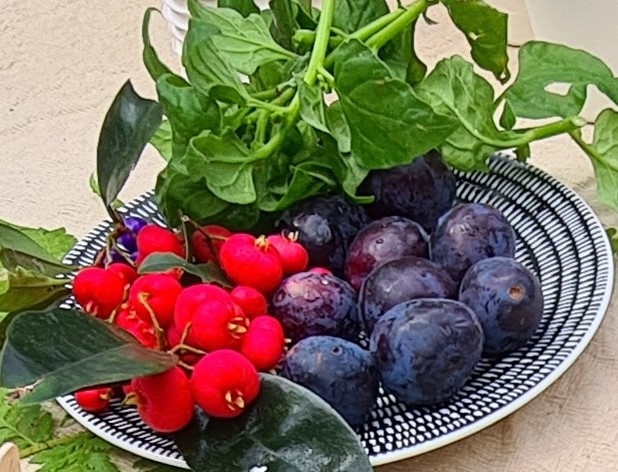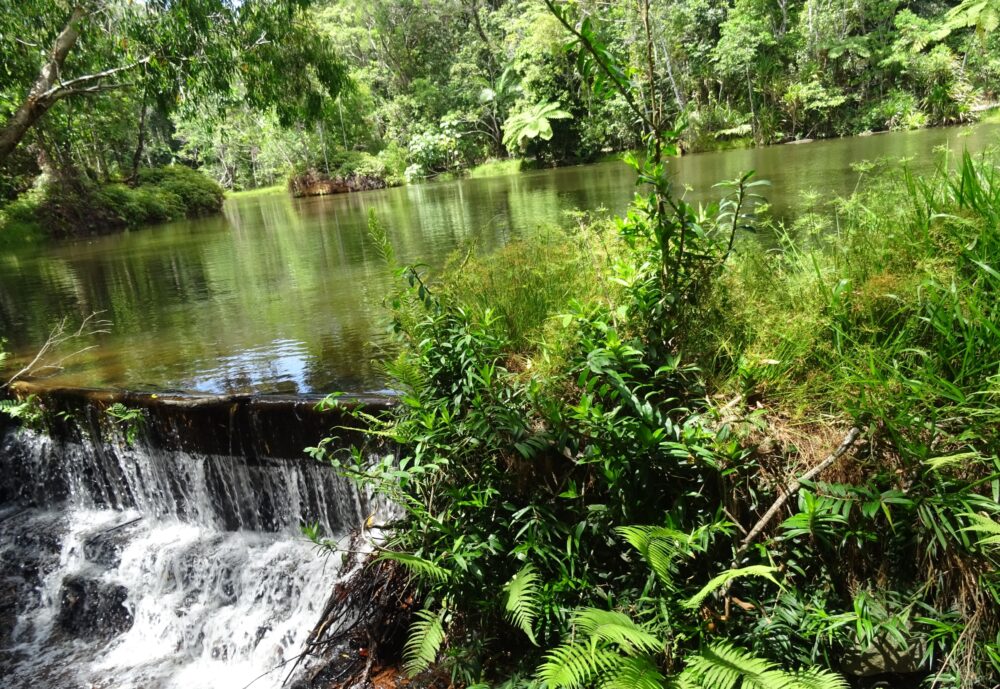By Neena Bhandari
Sydney, 03.10.2023 (IPS): Growing up in Sydney, Kalkani Choolburra, a Girramay, Kuku Yalanji, Kalkadoon and Pitta Pitta woman from Far North Queensland, would frequently travel with her family up and down Australia’s eastern seaboard. Her grandfathers and uncles would bring fresh catch of dugong, her favourite bush food, and she would go hunting for the short neck turtle with her aunties and female cousins.
The traditional or subsistence hunting of dugongs and turtles has been an important part of the Aboriginal and Torres Strait Islander (Indigenous Australians) people’s social and cultural lives. Its meat has been a vital source of protein for these communities, who have sustained themselves on the native flora and fauna for thousands of years.
Now, national and international chefs are incorporating some of these native Indigenous produce — notably Kakadu plum, Davidson plum, lemon myrtle, wattle seed, quandong, finger lime, bush tomato, muntries, mountain pepper, saltbush – into their dishes ranging from sushi and samosa, pizza and pies to cakes and muffins.


